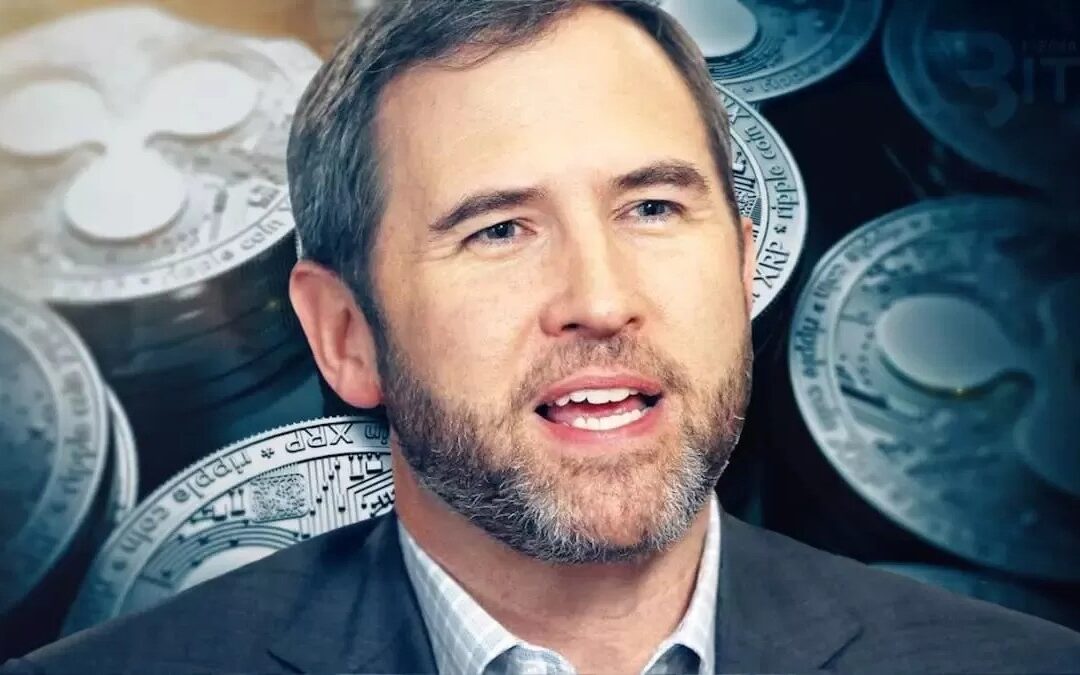Ripple CEO Brad Garlinghouse has again sparked debate over fair treatment in finance. Speaking at DC Fintech Week in Washington, D.C., he called for “parity” in how regulators treat crypto firms and traditional financial institutions. His message was clear if companies like Ripple follow the same laws as banks, they should receive the same benefits.
Garlinghouse believes regulators are inconsistent. He urged reporters, bankers, and policymakers to hold both sides accountable. “You can’t say one thing and do another,” he said, referring to banking groups that push for strict crypto compliance yet block access to banking privileges.
Call for Parity
Ripple’s fight for equal treatment isn’t new. The company has applied for a national bank charter from the Office of the Comptroller of the Currency (OCC). It also seeks direct access to the Federal Reserve’s master account system a privilege banks enjoy for smooth transactions.
At the conference, Garlinghouse emphasized that crypto firms already follow tough standards like Anti-Money Laundering (AML), Know Your Customer (KYC), and Office of Foreign Assets Control (OFAC) rules. So, why not grant them the same access to financial infrastructure? According to him, parity would mean fair regulation, not special treatment.
His comments come as the U.S. regulatory stance toward digital assets softens under President Donald Trump’s administration. Yet, despite progress, Garlinghouse doubts a major policy reversal at agencies like the Securities and Exchange Commission (SEC).
With the country rethinking the future of crypto, he insists equal rules will attract growth, innovation, and jobs especially back to the United States.
Wall Street Pushback and the Ripple Charter
Ripple’s plan to become more “bank-like” faces resistance. Several major banks have urged regulators to delay decisions on crypto charters, claiming procedural concerns. Garlinghouse labeled this opposition “disappointing,” calling out Wall Street’s hypocrisy. They claim to want stronger oversight, but fight fair competition.
As he said, stability comes from clarity, not obstruction. Granting crypto firms charters or Fed accounts could improve efficiency and financial resilience. Traditional banks, however, appear intent on preserving old advantages. “If we want more stability,” Garlinghouse noted, “having that master account is a net plus.”
Interestingly, the OCC recently approved a charter for Erebor a fintech backed by billionaire Peter Thiel. Though months away from operation, the move signals a shift toward bridging finance and crypto. Such steps, Garlinghouse believes, could finally reduce decades of friction between emerging and established players.
Industry Ripple Effect
Ripple has grown despite past struggles. The company survived its long battle with the SEC, emerging stronger after courts ruled XRP isn’t always a security. That victory opened new doors worldwide today, 95% of Ripple’s customers are abroad. Still, Garlinghouse is deeply focused on the U.S. market. “We’re not anti-regulation we want in, the right way,” he said.
Ripple’s stablecoin, RLUSD, already holds $800 million in value, and its bank charter could open billions in payment flows. Competitors like Coinbase and Circle are pursuing similar permissions, proving the entire industry is moving toward compliance-driven growth. That shift is a telling sign: crypto is maturing.
Garlinghouse himself isn’t a passive advocate. With a net worth around $10 billion, he has spent time and money shaping clearer laws donating over $25 million to pro-crypto campaigns and visiting Washington dozens of times. His public remarks often reflect frustration at the slow pace of change but optimism about eventual balance in finance.
Written By Fazal Ul Vahab C H

